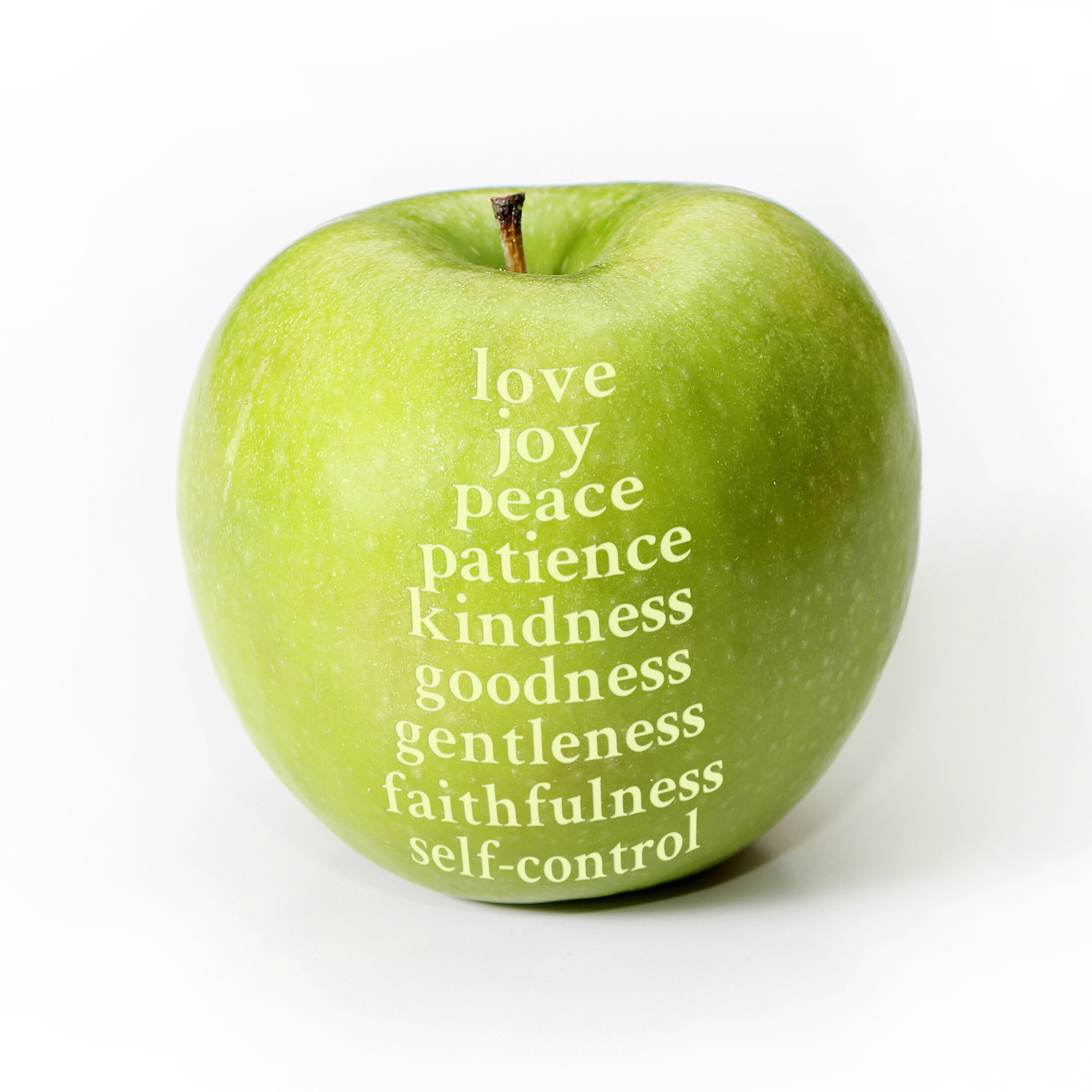May 15, 2023 | Christian Life by Jason Hall

Now we have received not the spirit of the world, but the Spirit who is from God, that we might understand the things freely given us by God. And we impart this in words not taught by human wisdom but taught by the Spirit, interpreting spiritual truths to those who are spiritual. (1 Corinthians 2:12–13)
At Richland Creek, we believe in keeping with the church’s sound doctrine over the past 2,000 years, that the Holy Spirit indwells every believer at their conversion, and the Spirit’s presence in their lives gives them direction, guidance, and comfort. This much we know from Paul’s words to the Corinthian church, among other Scriptures.
The question is, how does this happen? Paul mentions at least one way here in 1 Corinthians 2, with that little phrase in verse 13: “…we impart this in words… .” The Spirit of God inspired men like Paul to speak and write actual words with spiritual value and power to God’s people. The church collected those writings into a book that we call the Bible.
The point of this brief article is to remind you that Bible reading, while unspeakably valuable, won’t come easy. I believe God’s Word has eternal value, and the Holy Spirit can use it to bless your life in untold ways. But, in God’s providence, this doesn’t usually happen automatically. Reading the Bible is a supernatural encounter with God, but it’s not a magical one. Why not? Why must we study and learn how to read our Bibles well? I offer four simple reasons.
First, we are sinners. This sinful nature, or old self, limits our understanding as we tend toward error and self-righteousness. The process of learning to read the Bible is an admission of this tendency, slowing us down and allowing the Spirit time and opportunity to work on our hearts and minds.
All of us sometimes fall into the error of hearing what we want to hear or, in the case of Scripture, reading what we want to read. We come to the Bible filled with a need to defend sinful behavior. If we’re not careful, we’ll read the Bible in such a way as to justify our desires rather than seeing the Scripture for the correcting word that it brings.
Learning to read the Bible in its context, to understand what the original author wanted us to see about God and ourselves, brings us to a place of humility and teachability.
Second, there are gaps in our understanding. The Bible is an astoundingly unified book, even though it was written over several thousand years, across multiple continents, and amid various languages and cultures. Even the most recent New Testament writing is, at this point, nearly 2,000 years old.
These differences in language, culture, and time sometimes make the Bible confusing or hard to understand. On top of that, we are, humanly speaking, not the intended recipients of the text. These letters and books were initially written to Jewish people in Palestine, Gentile people in Ephesus, both Jews and Gentiles in Rome, and so forth. So how does this ancient text relate to us?
Learning to read the Bible helps us bridge that cultural and language gap, understand the timeless principles – the “spiritual truths” Paul speaks of in 1 Corinthians – embedded in these ancient texts, and draw them out faithfully.
Third, we can learn from history. We are not the first generation of Christians to read the Bible or the first followers to wrestle with its truth. Those who have gone before had wisdom; we do well to learn from their example. We cannot assume we are the first to have questions about the Bible or study it deeply.
Learning to read the Bible means listening to voices from the past, whether they be fathers of the church, influential theologians, godly pastors, or insightful church folk. Pick up a good (old) book about the Christian life written by someone who was dead long before you were born but whose writing has stood the test of time. You will not only learn a bit about following Jesus, but you might learn something about how they read and understood the Bible.
Finally, we learn to read the Bible because we can learn from each other. The Bible says in Ephesians 4 that pastors and teachers were given to the church family to equip them for ministry, a service that includes the teaching of Scripture. This could easily be extended to include professors and those who translate Scripture. We should all be willing to learn.
Commentaries, study Bibles, and other Bible-reading aids bless our hearts and sharpen our minds. Our classes at Richland Creek teach you the principles and tools for good Bible reading. Life Group leaders and mature Christian friends are a fount of wisdom and sound counsel. As you learn to read, learn to read in community.
You might not have needed convincing that learning to read the Bible is a worthy goal, or maybe something in this article jarred you, giving you a fresh perspective on understanding Scripture. Either way, I pray you will dedicate time and energy to learning how to read, enjoy and meditate on God’s Word.
We all need it.


